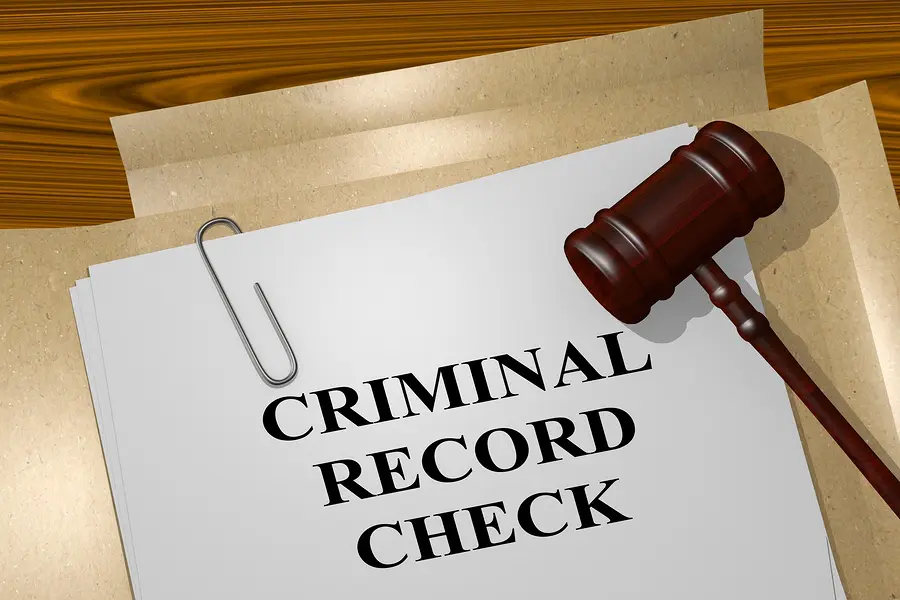A criminal arrest can affect a person for the rest of his or her life. Even if the person was not convicted, records of the arrest would be visible to anyone conducting a background check.
In some cases, criminal arrest records can be sealed or expunged so they are not visible to employers, licensing agencies and others.
What is the difference between sealing and expungement?
Certain criminal records can be sealed if adjudication of guilt was withheld. The same records can be expunged if the charges were dropped or dismissed.
Both sealing and expungement will make criminal records invisible to the public. When a criminal record is sealed, certain government agencies will have access to the record. When a record is expunged, certain government agencies would see that a record exists but would not have access to it without a court order.
What criminal records can be sealed or expunged?
Records of many nonviolent criminal offenses such as theft and drug possession can be sealed or expunged if you have no prior convictions of any kind. The following are examples of records that cannot be sealed or expunged:
- Drunk driving
- Sex offenses
- Violent offenses
If a past criminal arrest is causing problems in your life, contact an experienced criminal defense attorney to find out if your record can be sealed or expunged. If your record is sealed or expunged, you would not have to disclose it to an employer, landlord, lender, professional licensing agency or other public entity.

